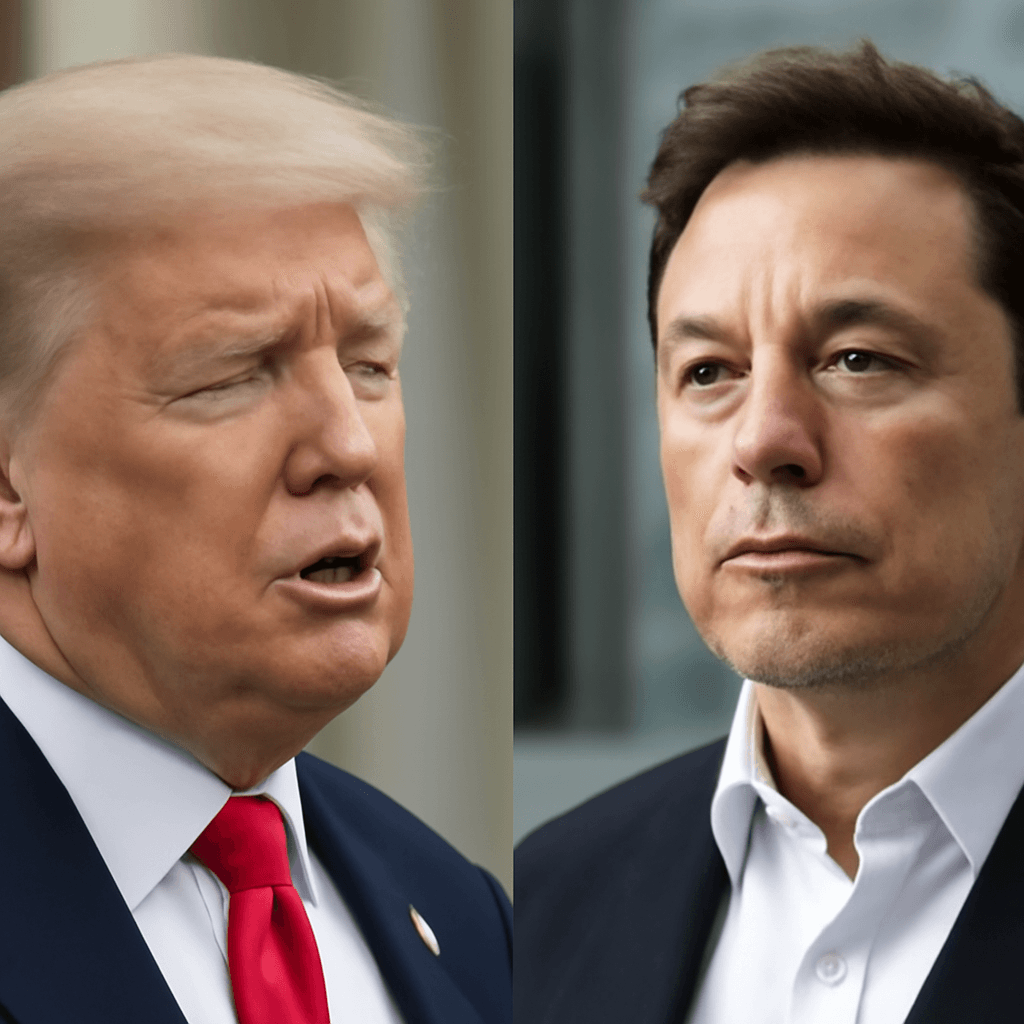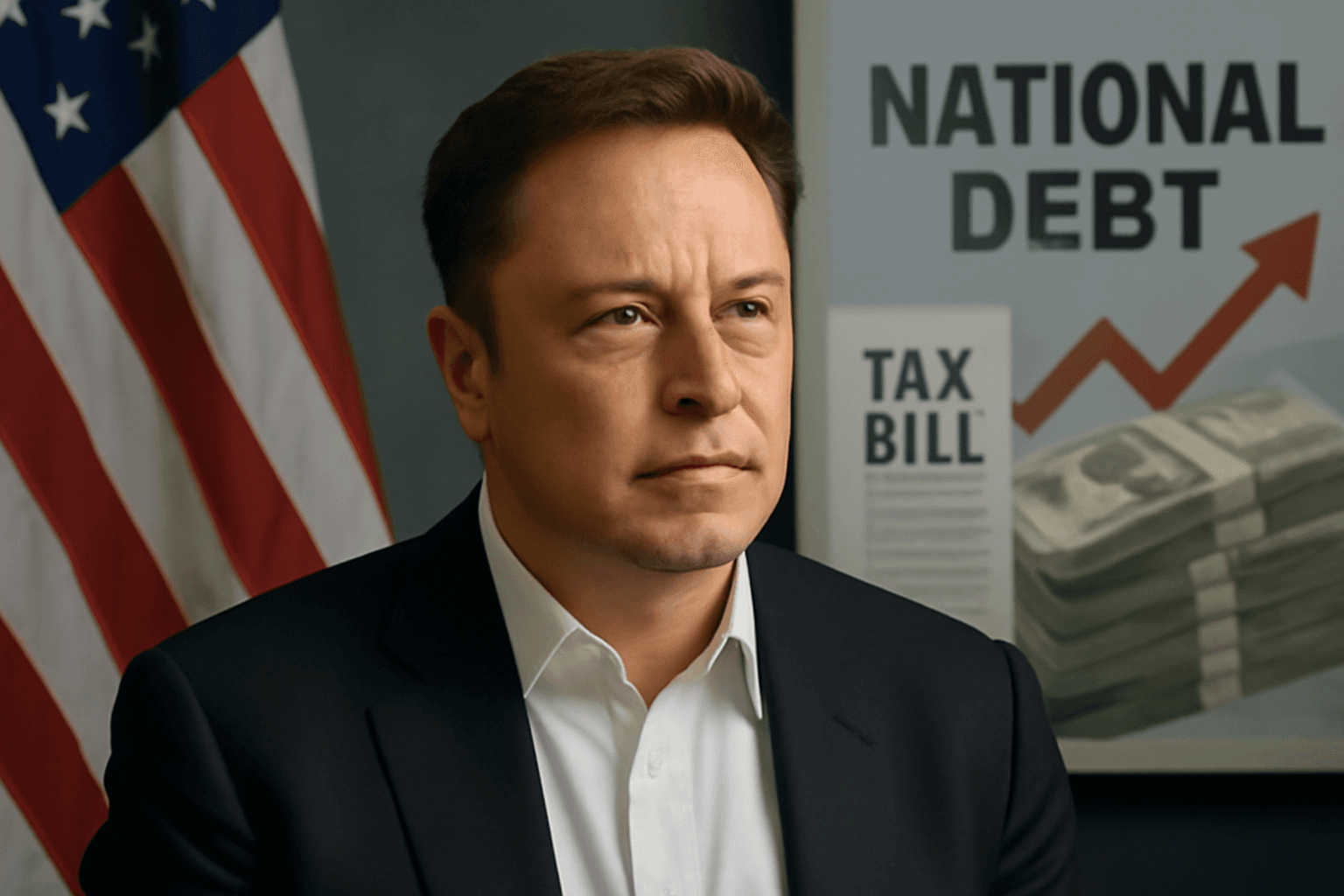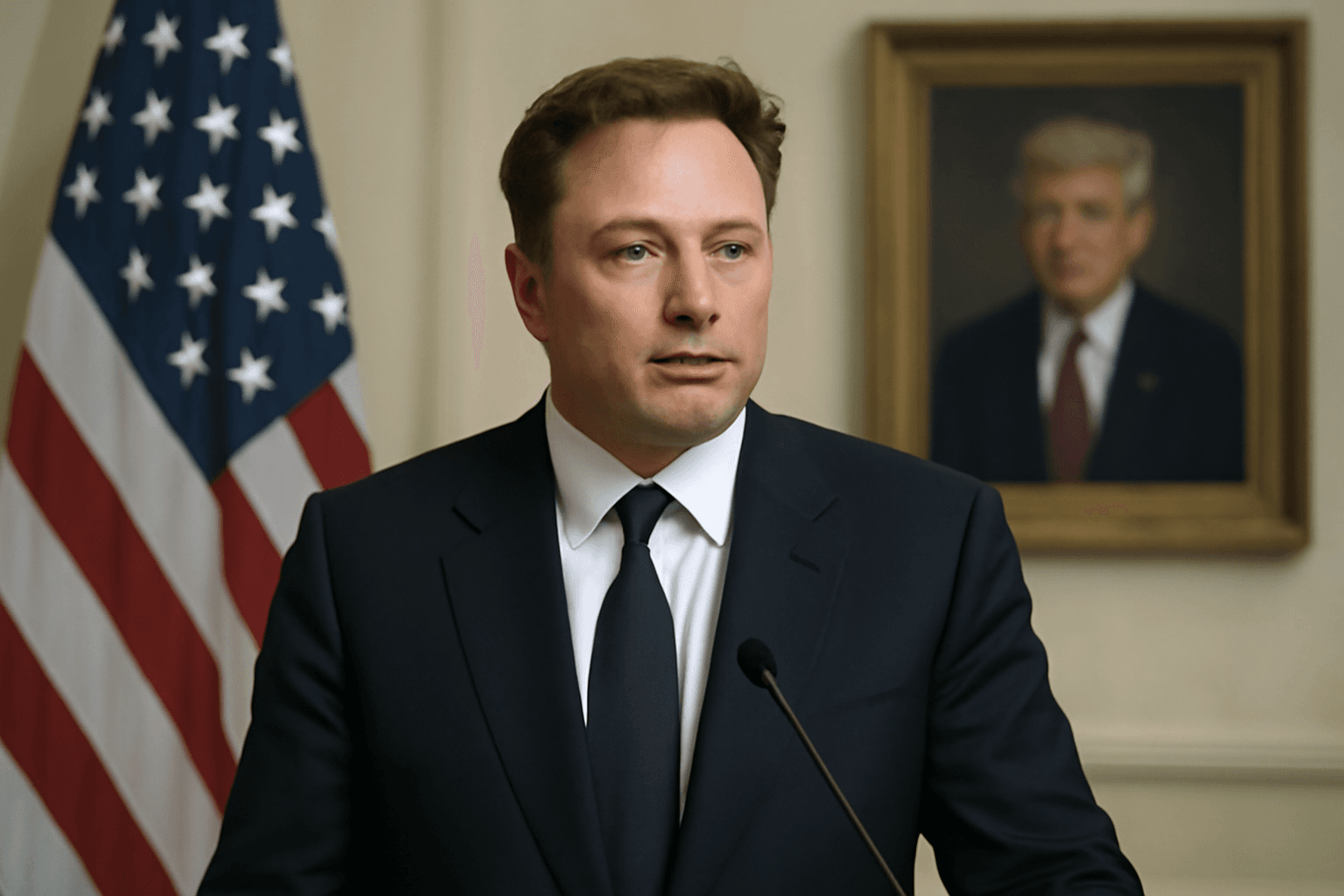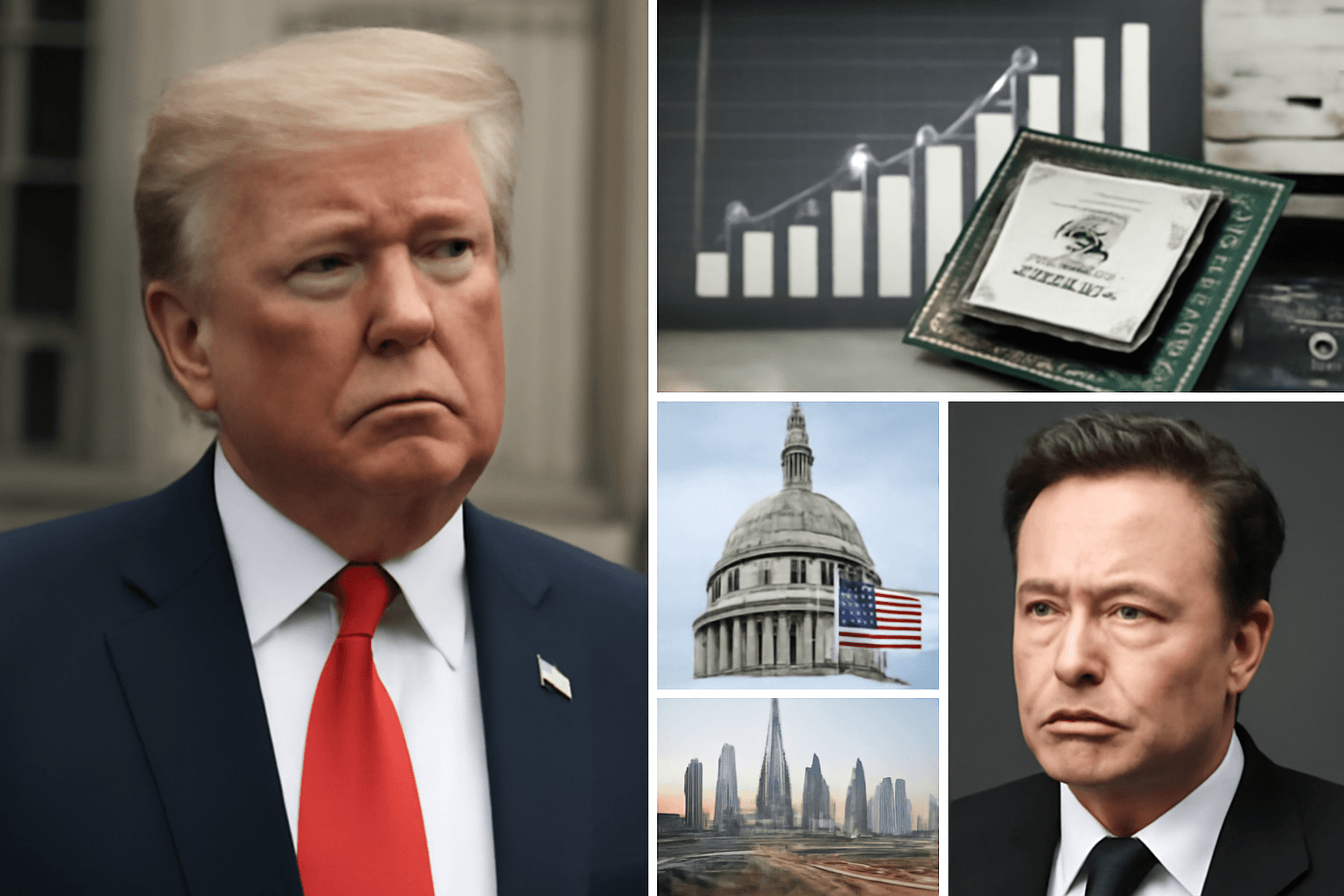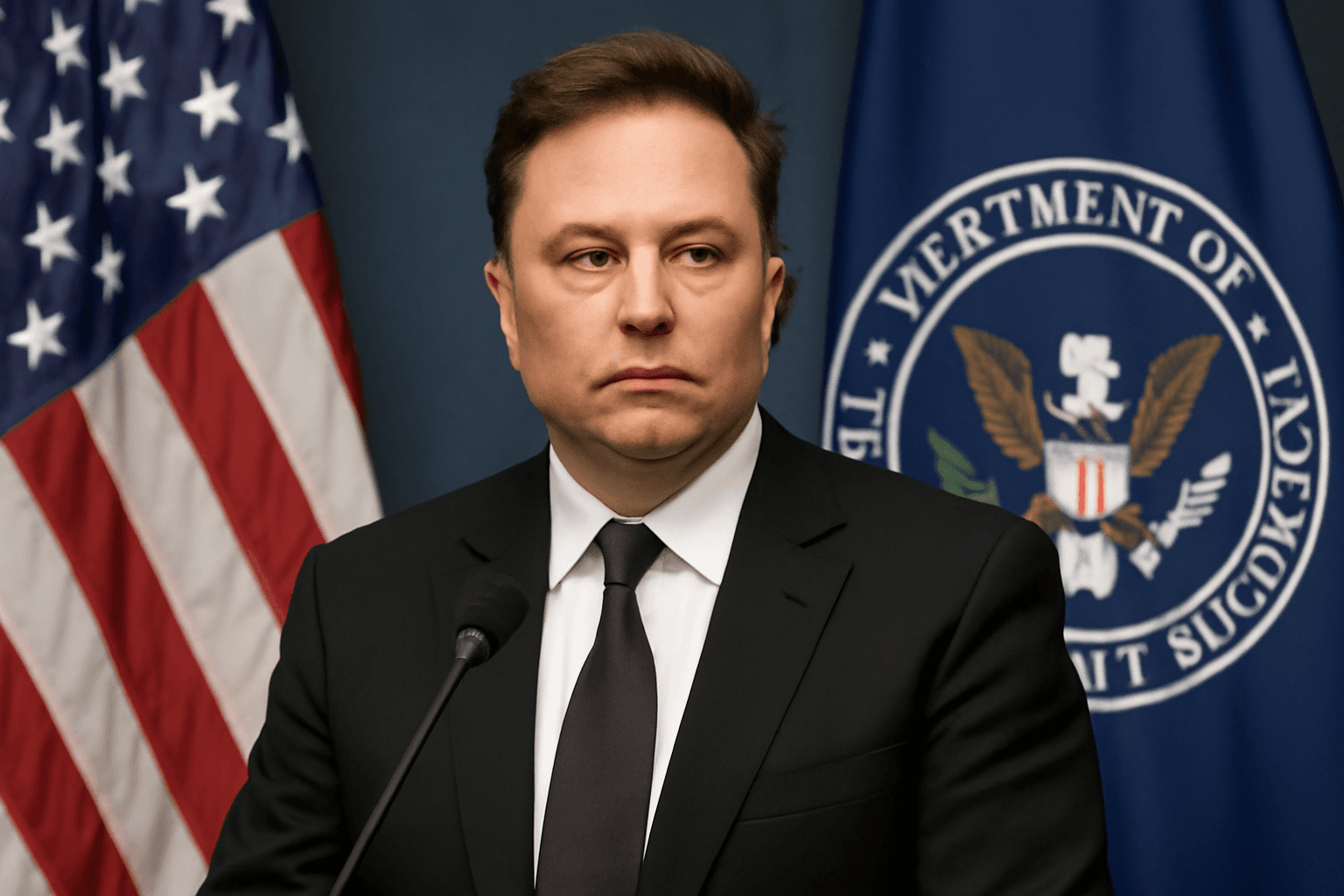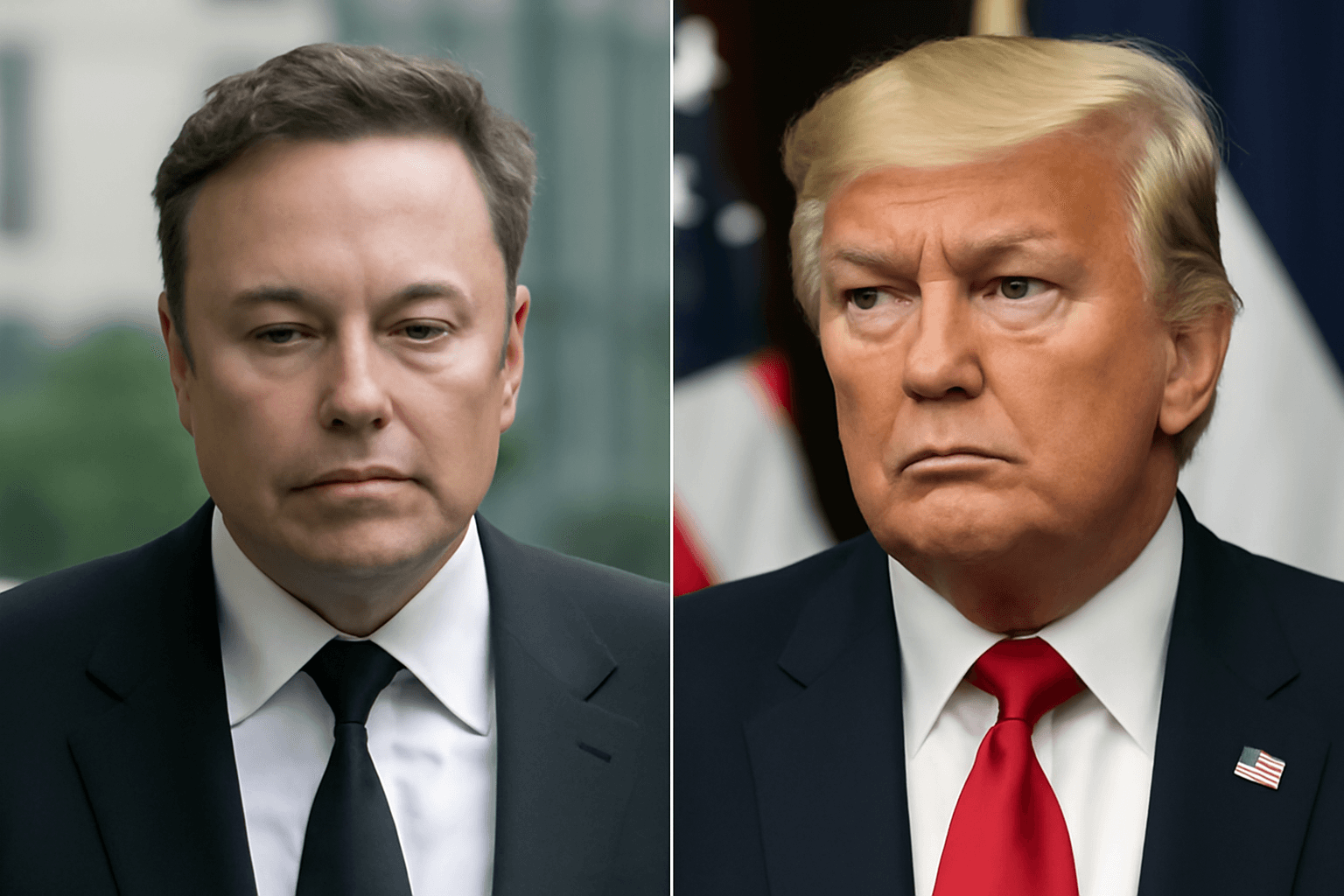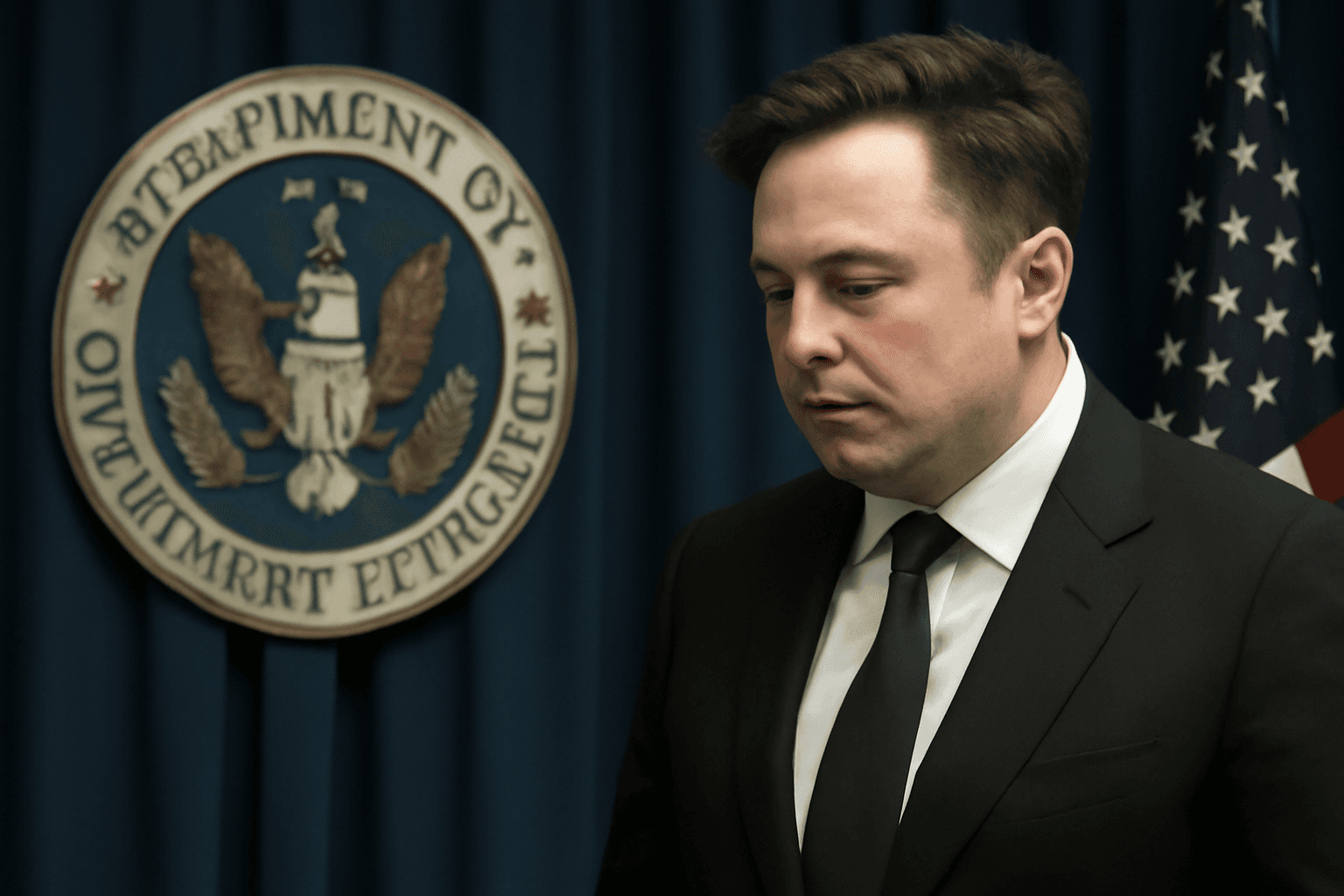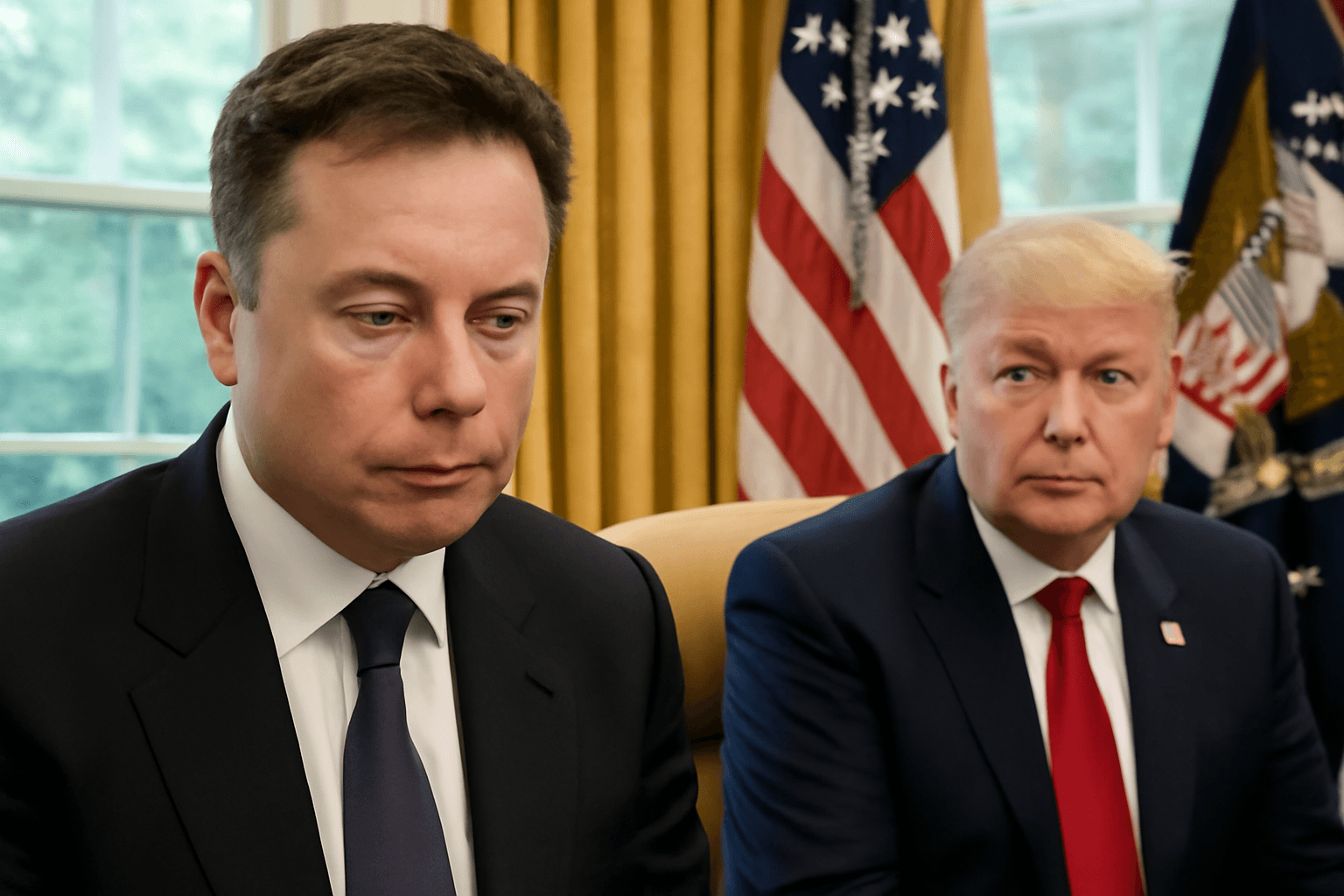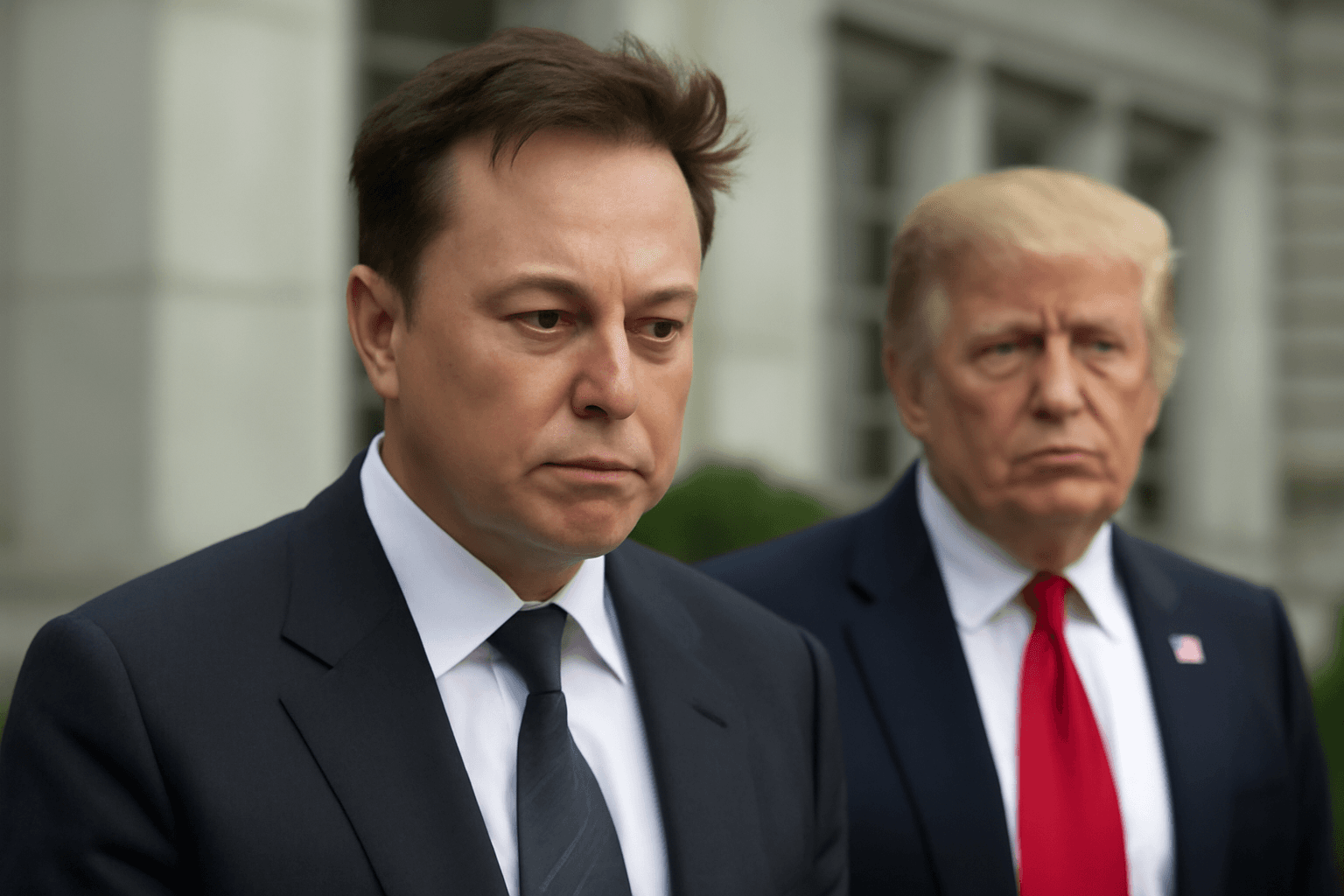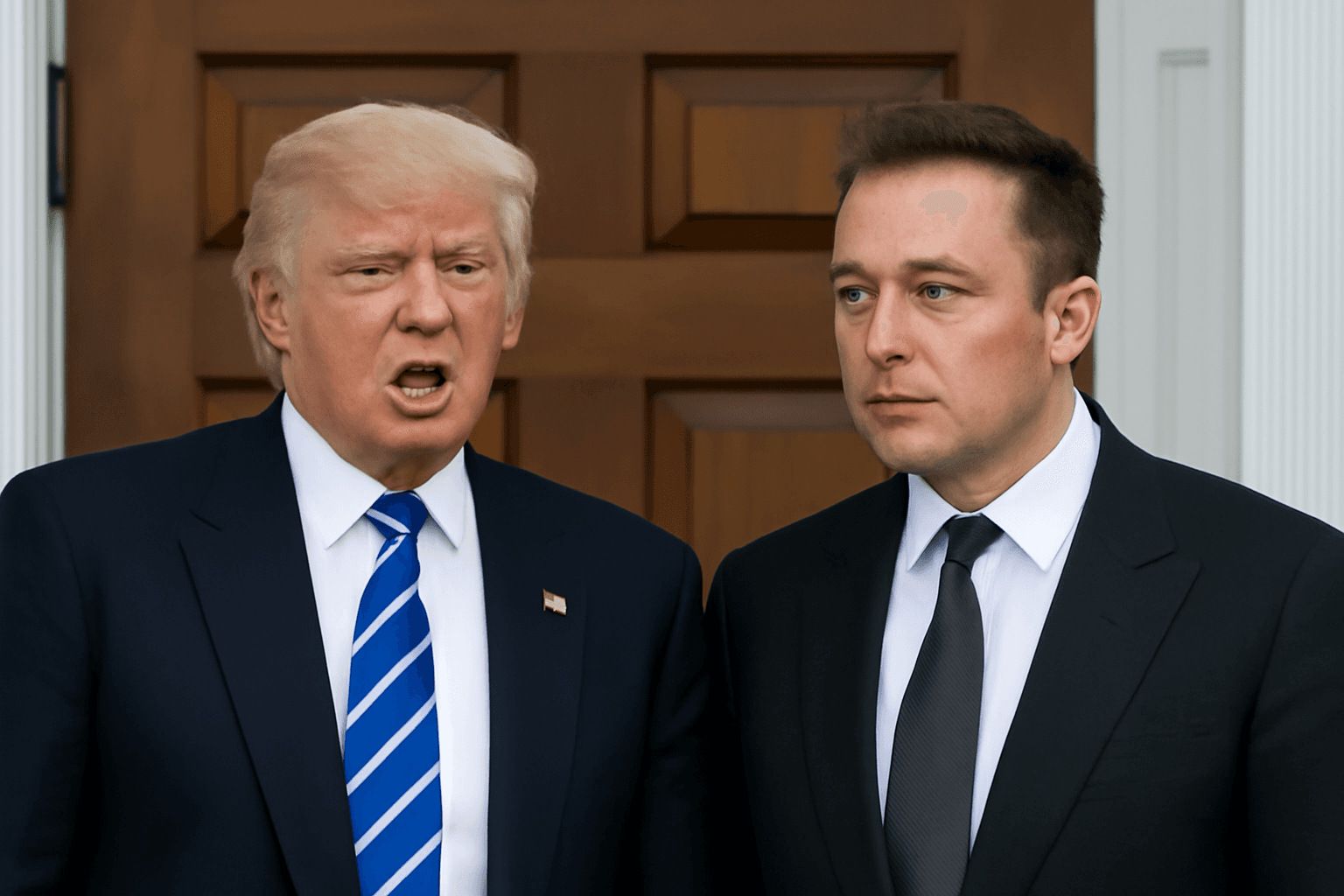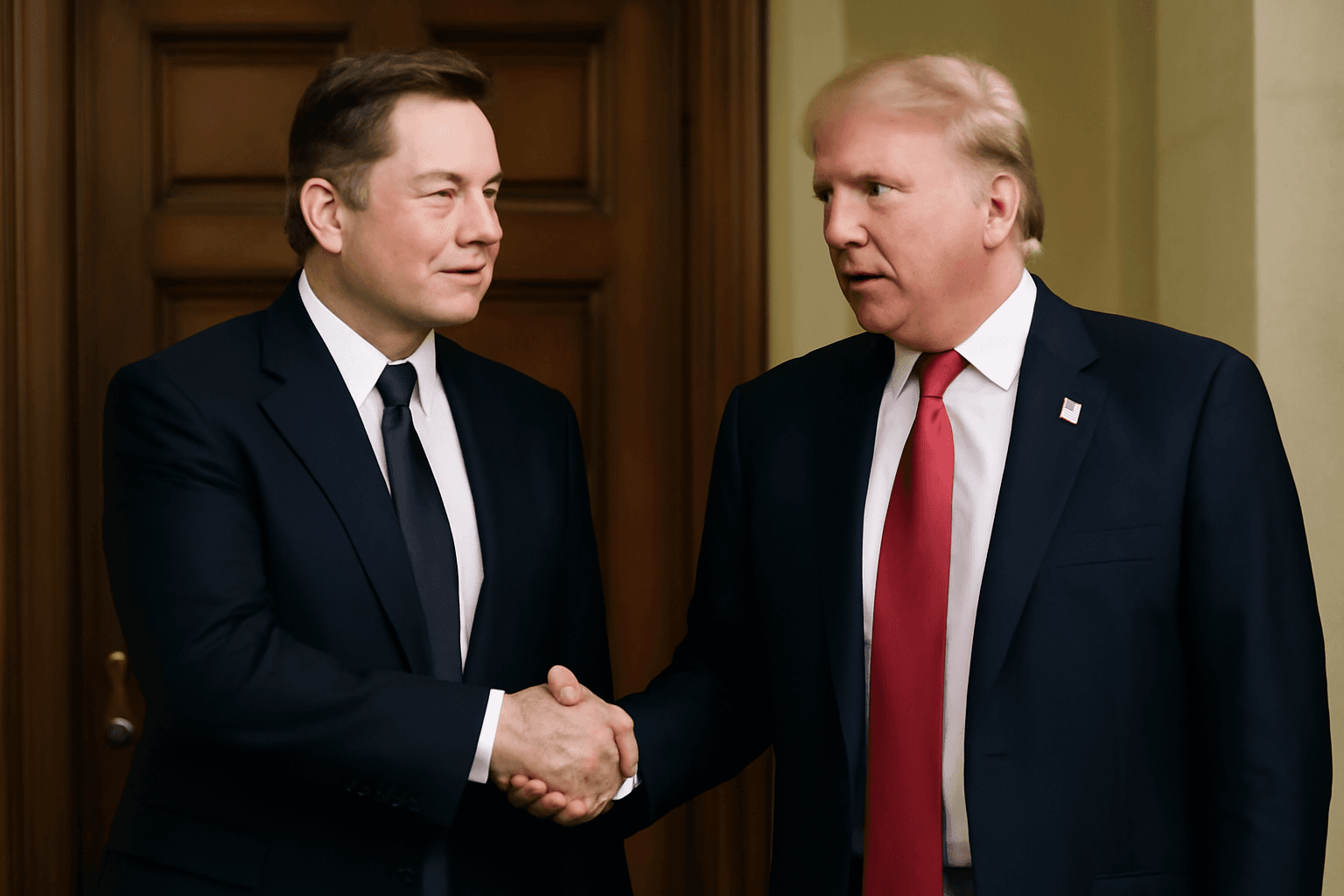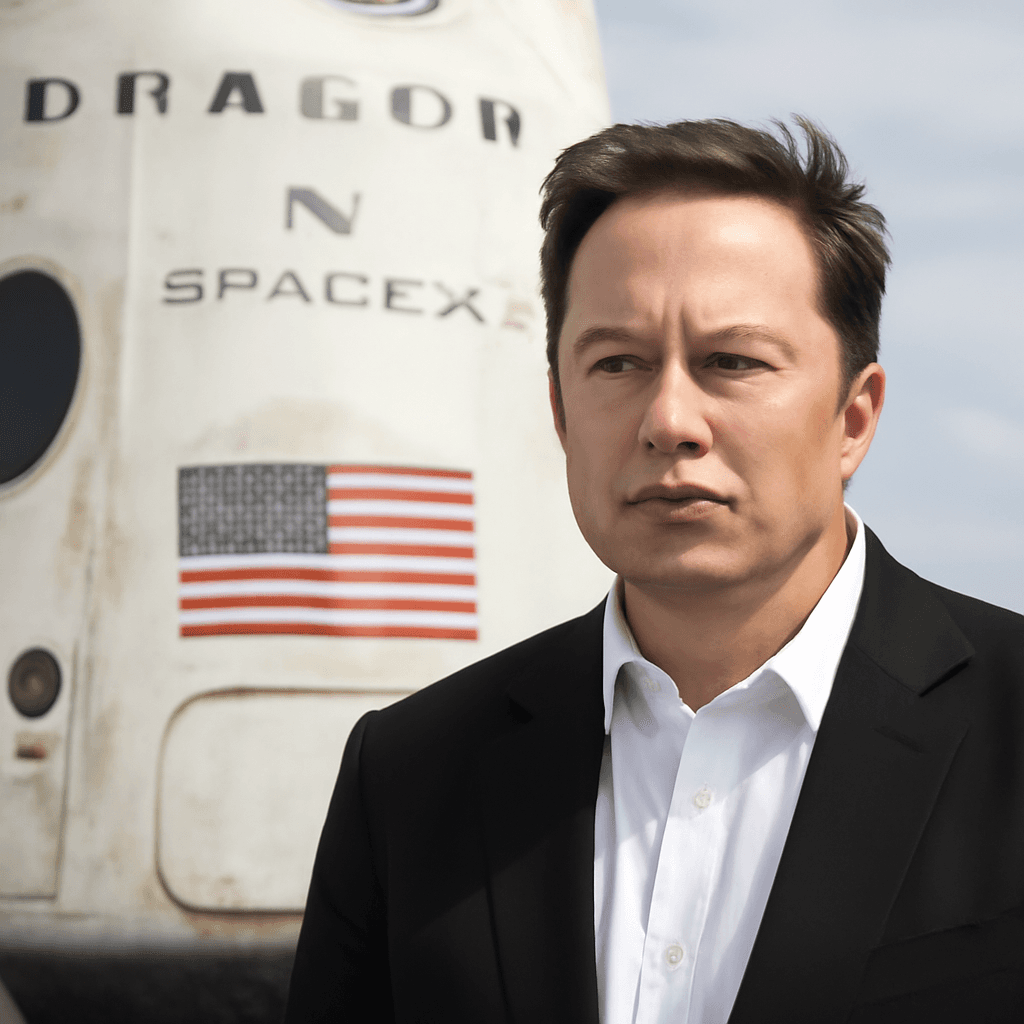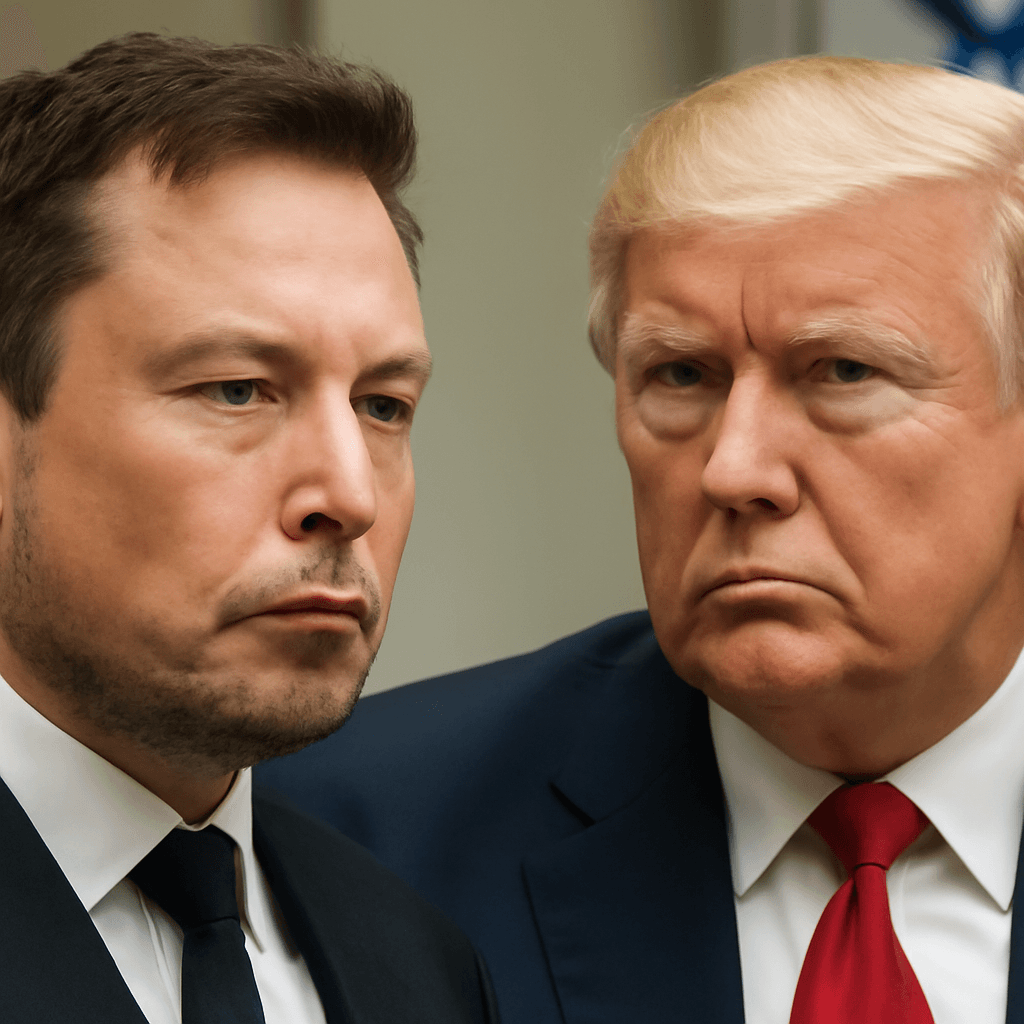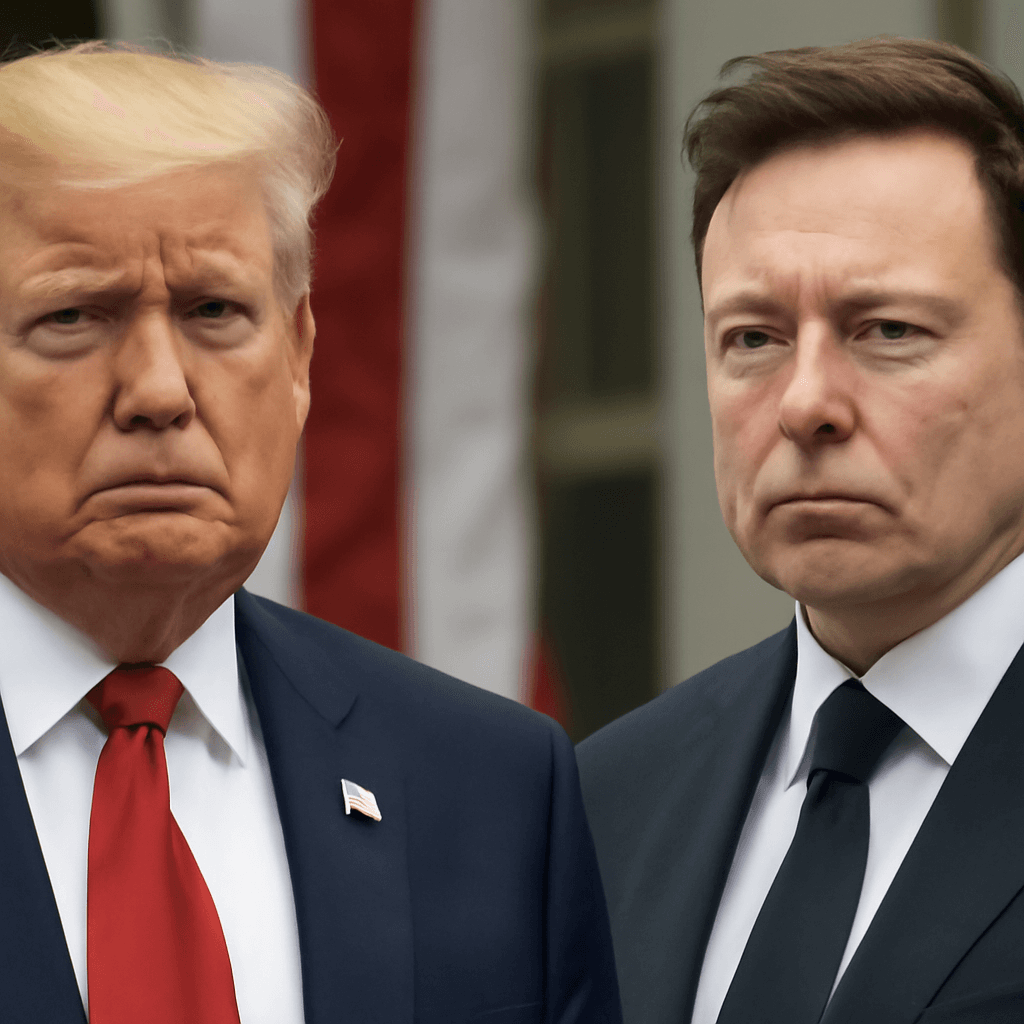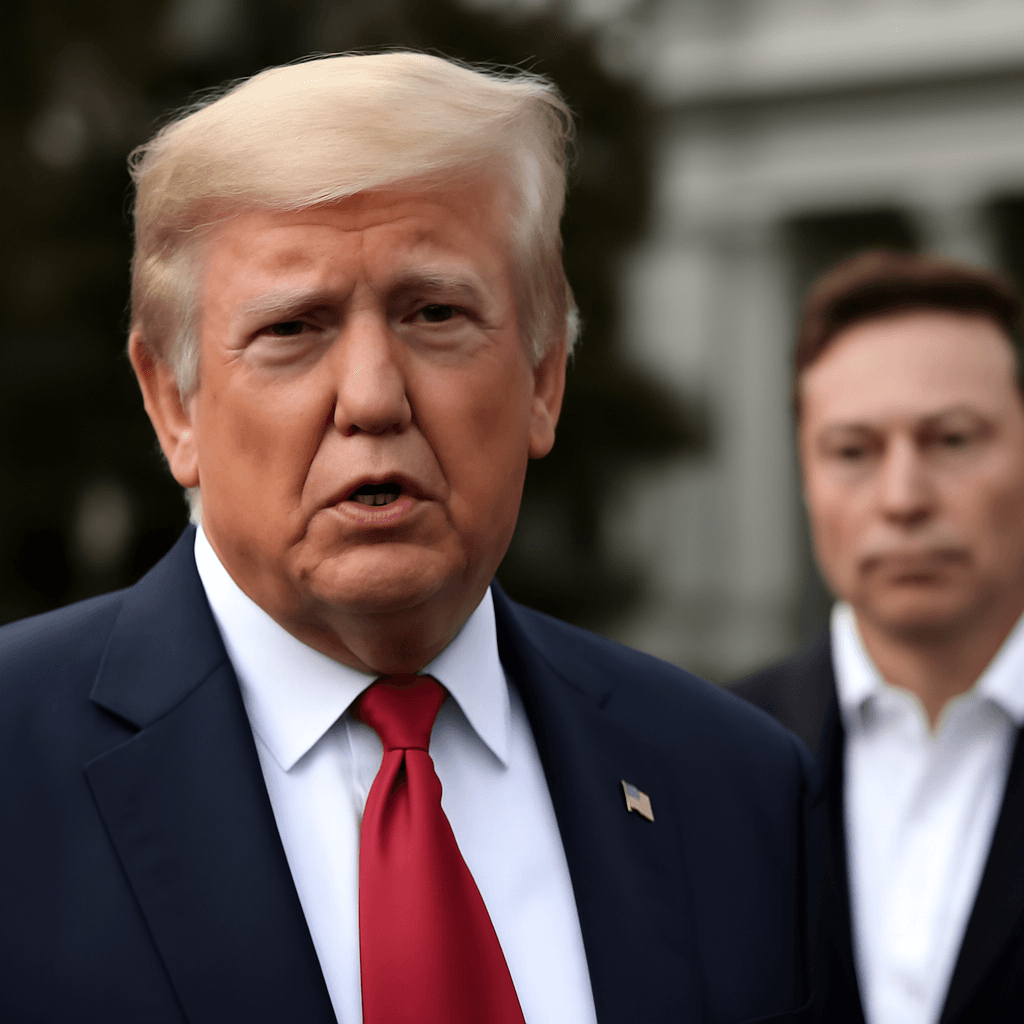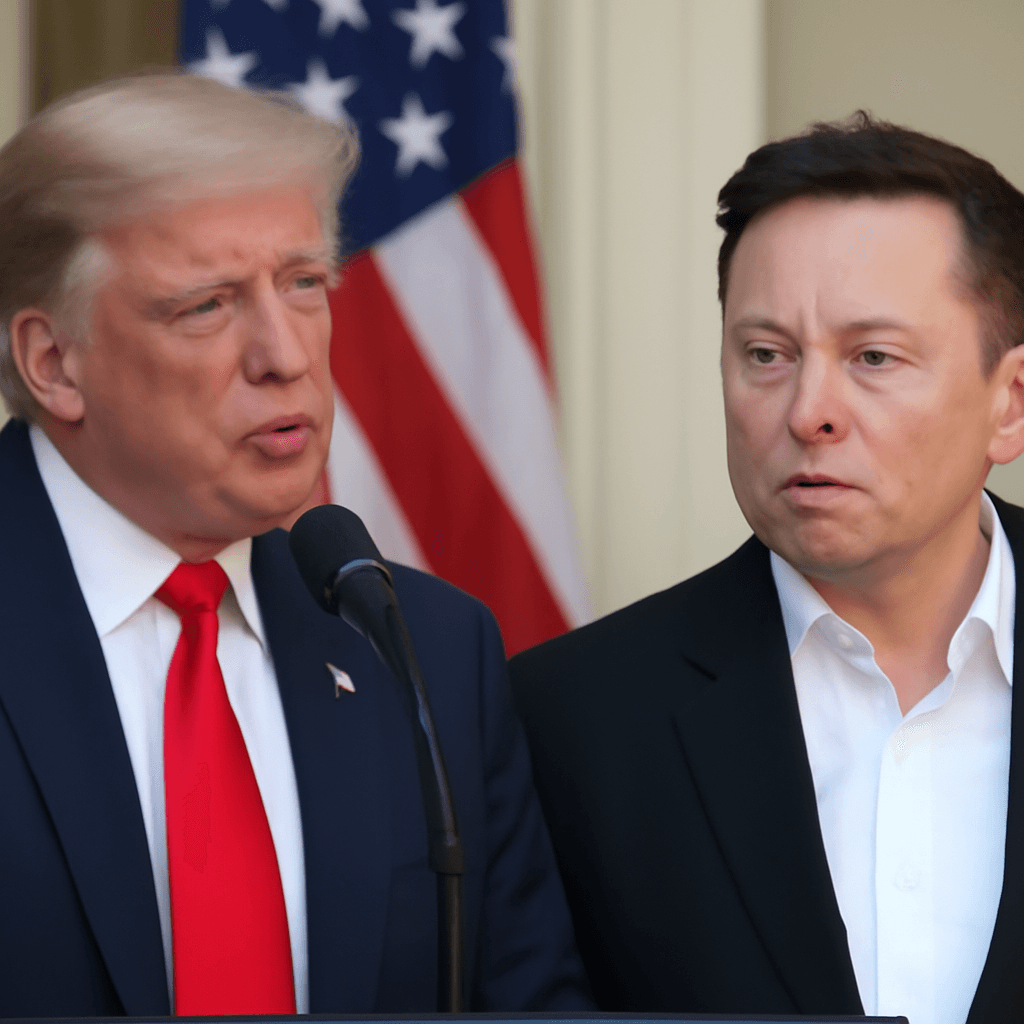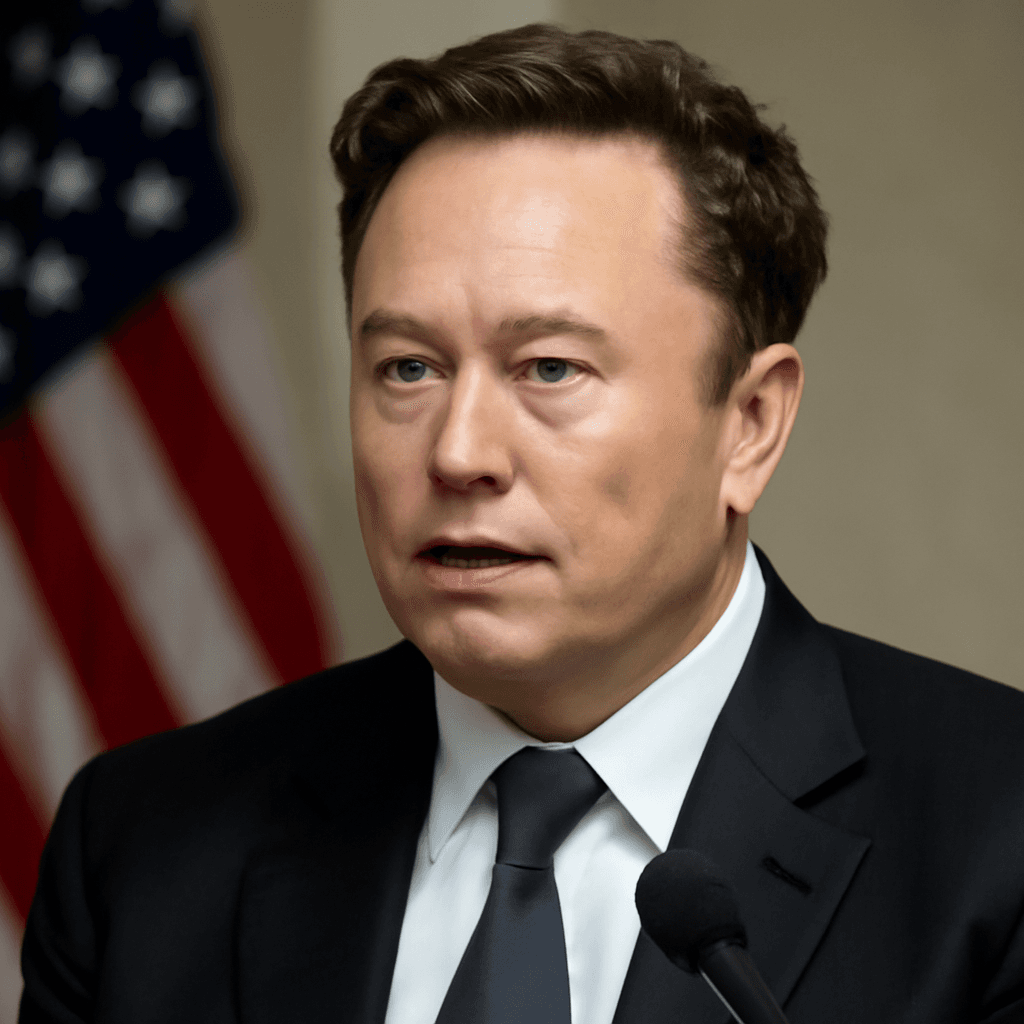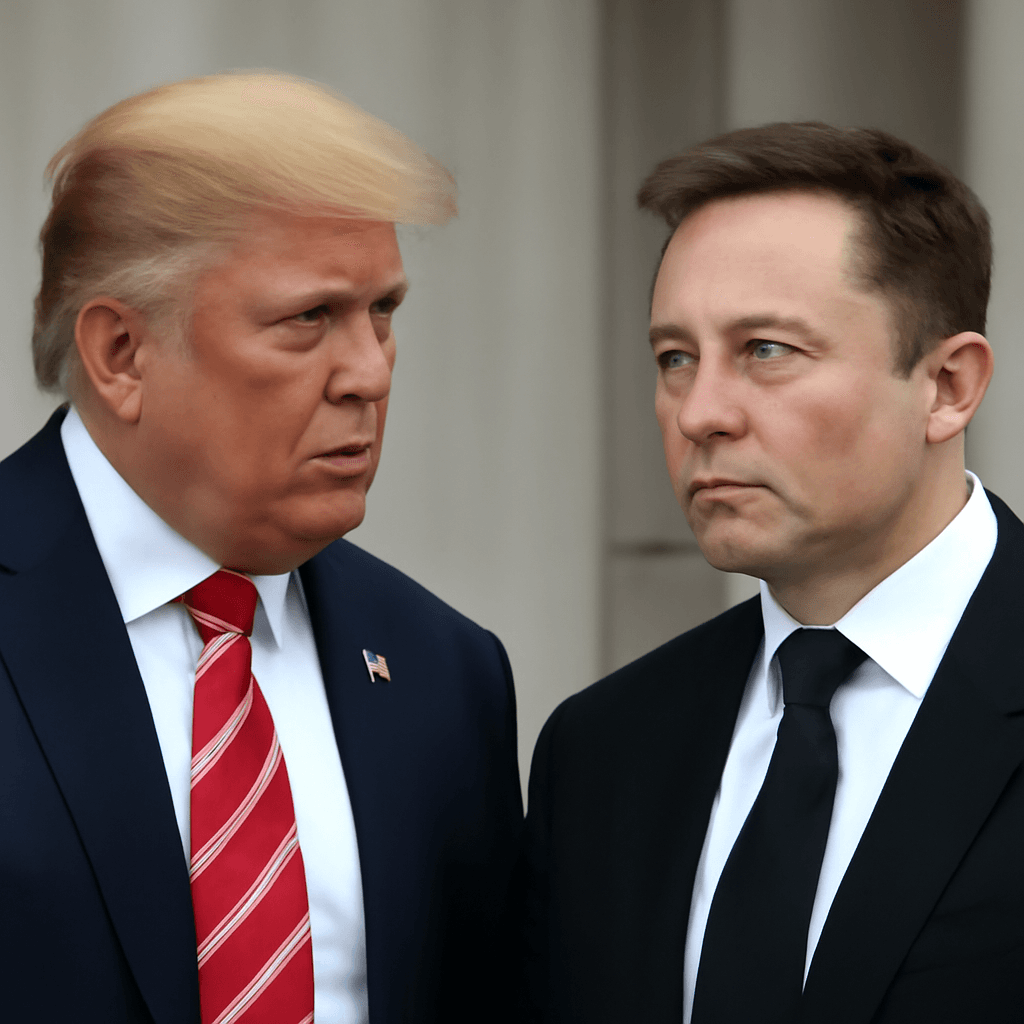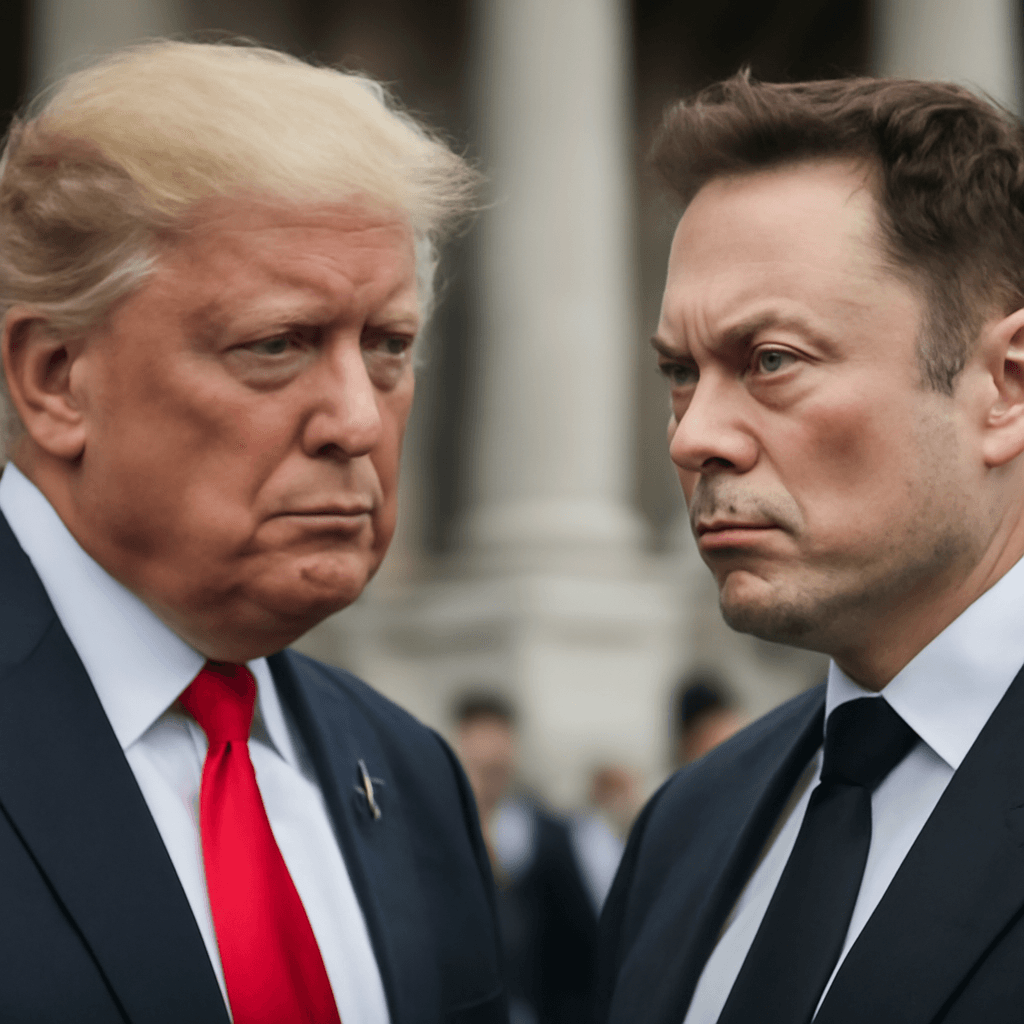Elon Musk and Donald Trump’s Ongoing Feud
On June 6, 2025, former U.S. President Donald Trump publicly labeled Elon Musk as “crazy,” intensifying the already tense relationship between the two influential billionaires. Musk, CEO of Tesla and SpaceX, and Trump, a powerful political figure, have recently clashed over various issues, making headlines across political and business spheres.
At a White House event, Trump criticized Musk’s actions during his tenure leading the Department of Government Efficiency, stating, “I asked him to step down. I rescinded his EV Mandate that compelled everyone to purchase Electric Vehicles that nobody else desired (which he was aware I would do for months!), and he simply went CRAZY!”
Trump also threatened to end government contracts with Musk’s companies, citing potential budget savings and expressing surprise that such measures had not been implemented earlier.
Musk’s Response and the Fallout
Elon Musk countered Trump’s remarks on social media, accusing Trump of ingratitude and asserting that his support had been instrumental in recent political outcomes. Musk claimed without his involvement, Trump would have lost the election, the Democrats would control the House, and the Republican majority in the Senate would be uncertain.
Further escalating the dispute, Musk referenced sealed documents involving Jeffrey Epstein, implying possible reasons behind their continued concealment and suggesting this revelation symbolized a definitive break in their alliance.
The ‘Crazy’ Label in Political Context
Trump’s use of the term “crazy” to describe Musk parallels his previous characterizations of Russian President Vladimir Putin, which have been complex and multifaceted. Despite harsh criticisms, Trump’s strategic approach to Putin has often involved cautious engagement rather than outright confrontation.
This contradiction reflects a political dynamic where labeling a figure as “crazy” can coincide with acknowledgment of their indispensable role in global affairs.
A Parallel in Musk’s Global Role
Similarly, Musk’s stance toward international issues like the Russia-Ukraine conflict reveals a balancing act. While providing critical Starlink internet services to Ukraine, Musk has faced scrutiny for perceived leniency toward Russia, highlighting a nuanced position in a highly polarized geopolitical landscape.
Why Musk Should View the Remark Positively
Being called “crazy” by Trump may not be a derogatory insult but rather recognition of Musk’s unconventional and disruptive influence. The term, as used by Trump, often describes individuals whose actions challenge norms yet are central to shaping political and technological realities.
Musk’s capacity to navigate complex international relations, maintain significant technological power, and engage with political rivals underscores his pivotal role in current global affairs.
A Badge of Unconventional Power
In the realm of high-stakes politics and business, being dubbed “crazy” can be reframed as a marker of bold, unconventional power. Just as Putin’s controversial reputation has not diminished his geopolitical importance, Musk’s influence continues unabated.
This label highlights Musk’s unique position at the intersection of technology, politics, and global influence—making him an essential figure despite, or perhaps because of, his unpredictable approach.
The White House’s acknowledgment that Musk has the right to speak for his company, while Trump continues to advocate for his political views, encapsulates this nuanced and evolving relationship.

